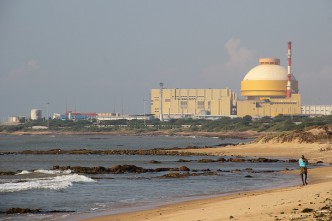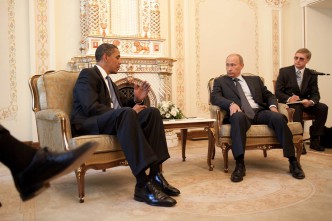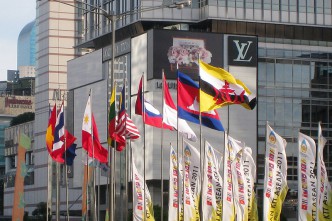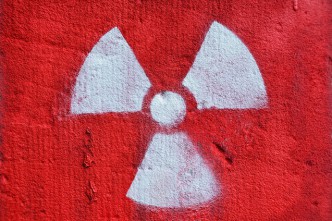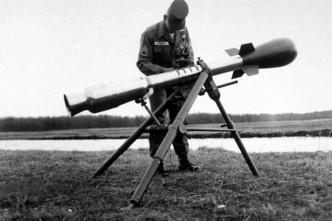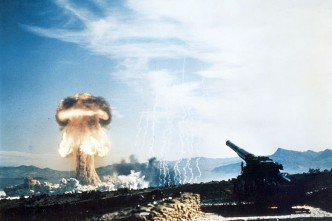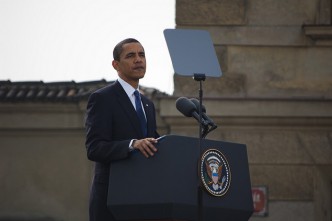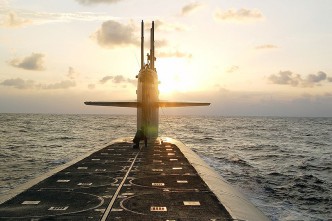Last year the government released a range of documents relating to Australia’s approach to the Non-Proliferation Treaty (NPT). The documents, dating between 1945 and 1974, were edited by Wayne Reynolds and David Lee and published …
The civil nuclear cooperation agreement signed by Australia and India seriously undermines Australia’s credibility as a responsible nuclear supplier, along with the international nuclear non-proliferation regime as a whole. The Joint Standing Committee on Treaties …
The Interim Agreement reached in Geneva last Saturday between the P5+1 and Iran over the latter’s nuclear program is a high-stakes gamble for Middle-East security. At best the deal somewhat slows Iran’s capacity over the …
President Barack Obama’s 10 September address to the American people about Syria continues to send confused messages about the administration’s plans. Obama reasserts his authority to authorise a strike following the Assad regime’s use of …
Rising strategic tensions in the Asia-Pacific could derail ASEAN’s security-building efforts, despite the concrete progress that ASEAN members have made in addressing mutual challenges. The consequences could be serious for Australia, which has benefitted from …
Rod Lyon doesn’t like our proposal for a treaty to ban low-yield nuclear weapons. But his objections employ arguments at the strategic level (pardon the pun); not focusing on the provisions of the proposed treaty, …
Malcolm Davis raises some important issues regarding our proposal for a treaty restricting low-yield nuclear weapons. We’re word limited on our response, so we strongly recommend the longer discussion paper for subject-matter experts as it …
Crispin Rovere and Kalman A Robertson suggest eliminating low-yield non-strategic nuclear weapons (NSNW) in ‘Non-strategic nuclear weapons: The next step in multilateral arms control’. I’m sceptical of their proposed solution—a Minimum Yield Threshold Treaty. Firstly, …
From the late 1940s until the fall of the Berlin Wall, the two superpowers engaged in a standoff whereby each threatened the very existence of the other with tens of thousands of strategic nuclear warheads. …
Because I’m not prone to ‘all or nothing’ thinking, I’ve never subscribed to the view that Australia can’t advance a sensible agenda for arms control because of our alliance relationship with the United States. But …
Australia, like most nations, is happy to voice support at the UN for the total abolition of nuclear weapons. Even the P5 nuclear powers endorse this “ultimate” goal: in 2000 they famously made an “unequivocal …
Australia has made many important contributions to the non-proliferation regime over the years, helping draw attention to the dangers inherent in the spread of nuclear weapons. At the international and regional levels, it’s provided diplomatic …



